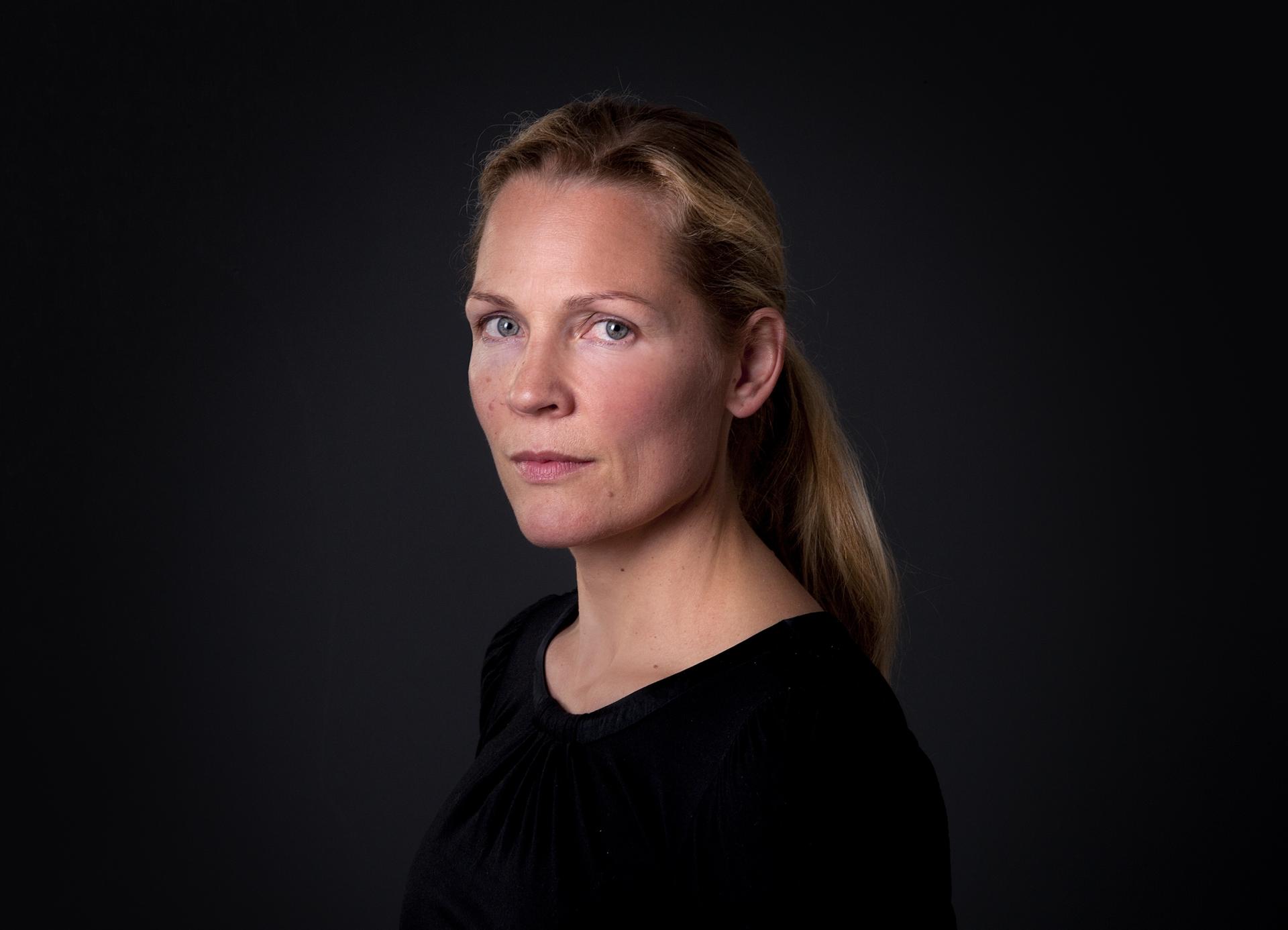The journey of two sisters into the Syrian jihad, and a father’s efforts to rescue them
Asne Seierstad, author of "Two Sisters: A Father, His Daughters and Their Journey into the Syrian Jihad."
It was October 2013. ISIS had splintered off from al-Qaeda earlier that year.
The militant group grows stronger and attracts recruits from all over the world, many from Western Europe.
Ayan and her younger sister Leila are Somali-Norwegian teenagers living in an affluent neighborhood outside of Oslo. They leave their adopted homeland to travel to Syria and marry ISIS fighters.
Author Asne Seierstad shares the family's story in her latest book, "Two Sisters: A Father, His Daughters and Their Journey into the Syrian Jihad."

At first, says Seierstad, Ayan and Leila's mother is worried that the girls are becoming "too Norwegian" and sends them to classes with a charismatic Quran teacher. And that's when the parents notice a change.
The World's Marco Werman sat down to talk with Seierstad about the book:
Asne Seierstad: [Ayan and Leila] They stopped going to parties, they discarded their skinny jeans. They bought long skirts. They started wearing, not only headscarves but … more covering.
So in the beginning, especially the mother, was very pleased. But then very few people just wake up one day thinking "Oh I'll go to Syria. Oh I'll join ISIS."
The World: There's this one moment where Sarah, the mother, discovers that something has happened to the family photo album and the daughters are responsible for it. Explain.
What they did was, in the family album and old pictures laying around, they cut themselves out of the pictures. They left the rest of the family [to remain] there. So there were no more pictures of the girls.
The photo album was pretty shocking for the parents, but the big shock comes one evening when their teenage daughters don't come home for dinner. Sadiq and his wife Sarah get this email from Leila and Ayan and it's like they've been hit over the head. Can you read that email for us, please?
Sure. "Please do not be cross with us. It was so hard for us to leave without saying goodbye in the way you both deserve. We love you both so much and hope you will not break off ties with us. We have already asked too much of you but we have to ask a favor for both our safety and yours. No one outside the family can know we have left. Ayan and Leila."
Saddiq, the father makes this long, difficult journey to find his daughters. He goes to Turkey and hears that they crossed the border into Syria. Can you just briefly describe the kind of risks he takes and traumas that he endures to track down his daughters?
Saddiq is a very special character. There are hundreds of young teenagers and young jihadis leaving Norway to Syria. He's the only father who goes after them, so what he does is quite seldom. So, he crosses the border into Syria and after a few weeks, he actually finds and pins down where the girls are. He's able to set up a meeting with them.
Ayan has been hit by a bullet and she's been tended to by a physician. They're in the middle of this wreckage of war. What do Ayan and her dad say to each other?
He tries to hug her and hold her in his arms and tell her, "Ayan you can come home with Daddy. Mommy is waiting. The nightmare is over you can come home." And she just stands there and says, "I'm not going home. I'm married now." In the end, she is now the property of another man (an ISIS fighter).
He tries to kind of cling onto her and then ISIS fighters are coming to rip the two of them apart. So, they arrest him. They torture him. They beat him up. They put him in prison where he stays for about two weeks.
Finally he's released, but he never sees his daughters again, ever. That was in 2013. So he's already in the fifth year that this family is keeping contact with their daughters through chat logs, through messenger, through phones. But now, they haven't heard from them since last year, actually.
What can you tell us about where these two young women are today?
I don't know. The parents don't know. They don't even know if they're still alive. The last time they heard from them was in November and that wasn't from them directly but it was through some other girlfriends who were down there to call their parents.
But there are a few parts of Syria [that] are still kept by ISIS. There are a few stretches of land on the border between Syria and Iraq. They might be there. They might be in refugee camps in Iraq. But these are run by the Iraqi state where you even have some of these young women on death row.
So, this is not a place where you'd be coddled if you had been with ISIS. If they're in the area, if they're still alive, they might face a very grim future.
